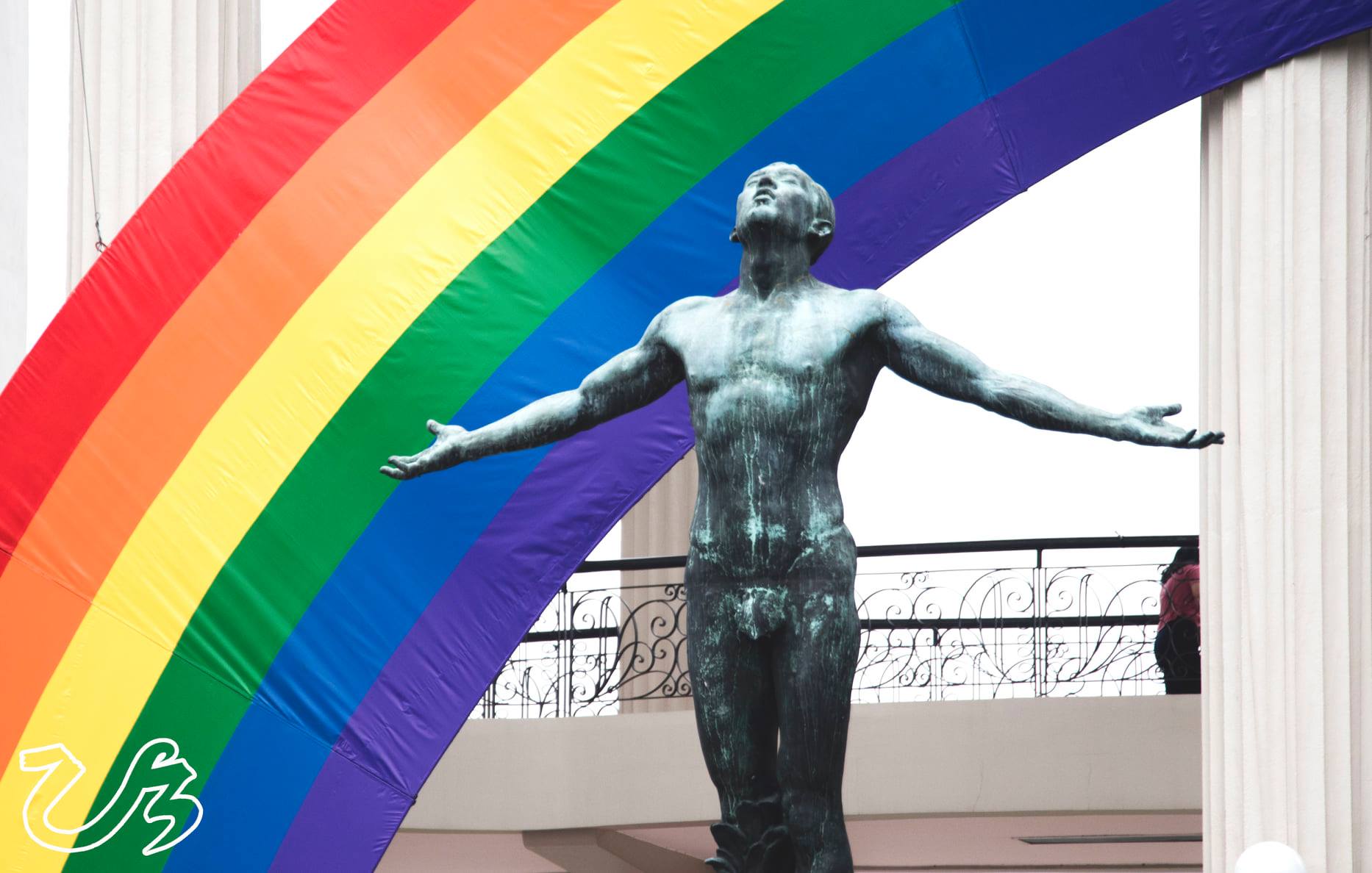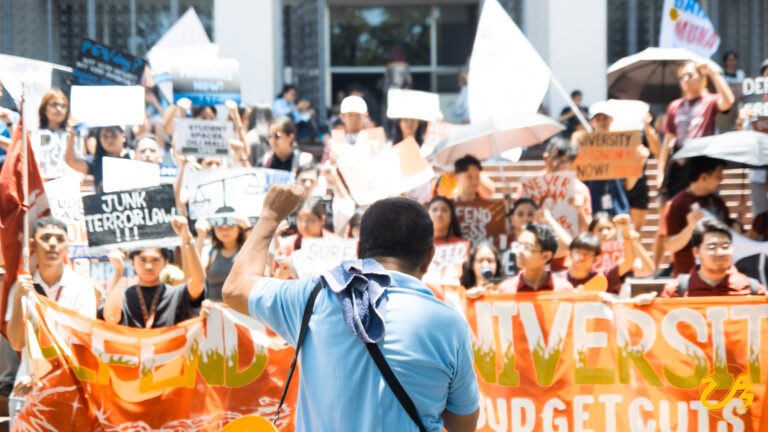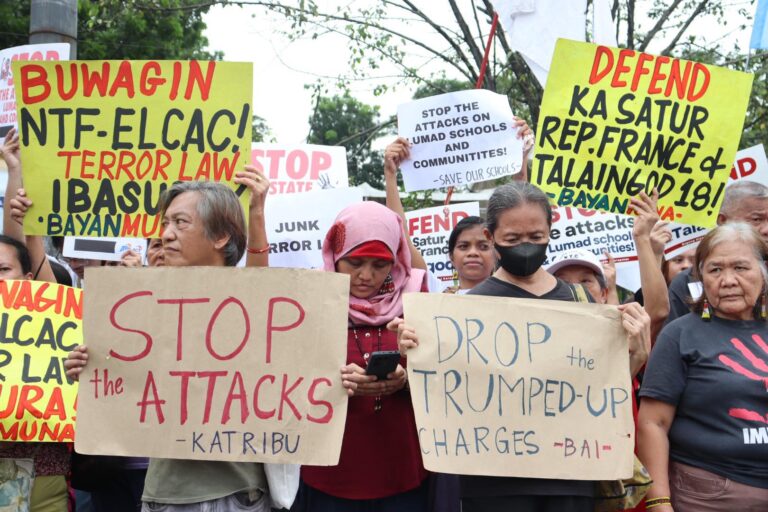
The Office of the Vice Chancellor for Academic Affairs has approved a proposal to include students’ lived names and pronouns in the class list in class contact lists.
In a letter sent to the OVCAA, UP Babaylan explained that many professors continued to refer to the students by their dead names and used wrong pronouns because they were following the class information on official class lists and the Computerized Registration System.
“Professors utilize the said document to primarily confirm that the contact details of their students are correct. Sometimes, it is also being used to check the attendance of their students. However, because the contact list does not include the lived names and pronouns of students, professors may accidentally deadname and misgender the students enrolled in their class.”
In the letter, Punong Babaylan Anna Cubacub praised the OVCAA for Memorandum No. OVCAA-MTTP 21-029 or the “Guidelines on Affirming Transgender and Gender Non-Conforming (TGNC) Students’ Names, Pronouns, and Titles.”
In the said memorandum, the OVCAA emphasized the need to affirm Transgender and Gender Non-Conforming Students’ lived identities by referring to them based on their stated preferences.
“Transgender and gender non-confirming students of the University of the Philippines Diliman
have the right to express their gender identity and/or expression, without fear of discrimination,” said the guidelines from the Center for Women’s and Gender Studies.
They also emphasized the desire to create “a transgender-affirmative academic information
system (e.g., Computerized Registration System or CRS) that will recognize usernames and email addresses of both faculty and students based on their lived names,”
Thus, in their letter to the OVCAA, Cubacub said that the inclusion of lived names and pronouns in the contact lists is the logical next step, and makes them one step closer to a truly gender-inclusive university.
“Indeed, the journey towards genuine inclusivity and equality is long. But, every step we take is a step closer to achieving our desired university—a university that is a safe space for all. “
Cubacub is optimistic about the future of TGNC-affirming policies, saying they were thankful that the OVCAA remained an ally within the administration.
“The TGNC was written by CWGS and realized by the OVCAA because they listened and they continue to listen to the experiences of our tgnc members and the rest of the lgbtqi students within UP,” she said.
When asked about where the campaign is headed, Cubacub said that they wanted to partner with institutions to make sure that, more than a “mere set of guidelines,” the TGNC guidelines will actually become University policy alongisde the eventual institutionalization of a UP sexual orientation, gender identity, gender expression and sex characteristics policy.
“Sana di lang siya maging memorandum, sana maging binding policy siya for all to make UP a university for equality!” she said.�







